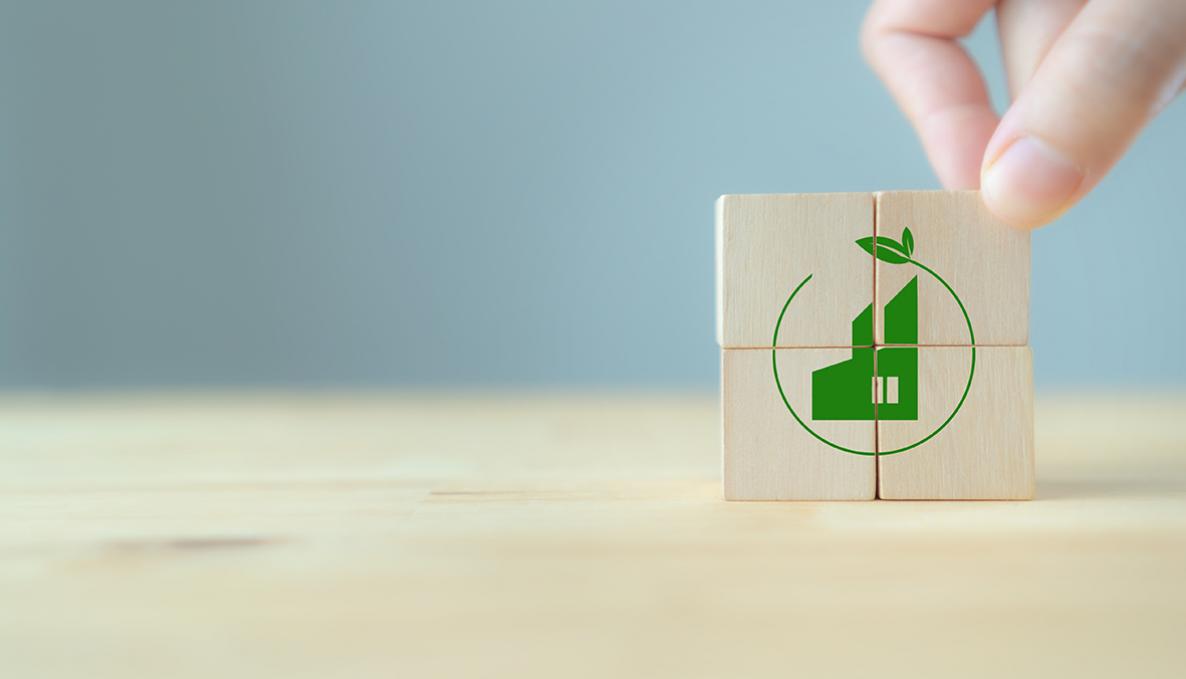Environmental Management and Industrial Symbiosis (EMIS)

Aim
The EMIS (Environmental Management and Industrial Symbiosis) research area supportscompanies in the search for innovative solutions aimed at improving their environmental performance and activates cooperative and environmental governance paths within territorial areas such as districts and industrial areas.
The focus of the research group is the environmental management of organizations and territories. The research topics range from environmental management systems to industrial symbiosis, from the management of eco-industrial parks to sustainable tourism. In addition, a specific working group on Sport Sustainability has been created since 2017.
Research streams
The EMIS group's activities focus on the use of qualitative and quantitative research methods aimed at the scientific analysis and valorization of the results that emerge from projects conducted with a concrete and operational approach.
Main research projects
The group is active on many international projects funded by the European Commission through the Erasmus+, Life, Interreg, COSME programmes. The most recent European project in which the group has worked/is working are:
Interreg Europe ENHANCE, aimed at the application of EMAS as a tool for the implementation of circular economy policies in companies.
Life TACKLE, aimed at enhancing the environmental management of football matches and raising awareness on environmental sustainability within the football sector.
Cosme TOURISME, aimed at promoting the adaptation of European tourism SMEs towards more sustainable, low-carbon and resource-efficient business models.
Erasmus+ Sport GREENCOACH, aimed at improving the environmental impact of grassroots football organizations, enhancing environmental awareness of supporters, spectators and staff and promoting healthy lifestyles at individual and community levels, especially among young athletes.
Erasmus+ Sport GOALS, aimed at improving the environmental governance in football organizations. In particular, it focuses on women and youth football teams with the aim of improving the environmental impact of their clubs and football matches.
Erasmus+ Sport GAMES, aimed at increasing the awareness and to foster the adoption of climate change practices by sports’ key actors (focusing on Athletics, Biathlon and Floorball) to improve the environmental sustainability of sports events.
Erasmus+ Sport ACCESS, aimed at promoting innovative and replicable circular economy solutions among sport organisations, as well as their cooperation and synergy with local and regional authorities, contributing to the development of circular cities.
Erasmus+ Sport DECK, aimed at increasing the awareness and fostering the adoption of environmental management and circular economy practices by sport key actors in order to improve sustainability during Canoe and Kayak competitions.
Erasmus+ Sport FREE KICKS, aimed at supporting the uptake of leading-edge environmental management practices and sustainable organizational models among national football associations and professional clubs, as well as promoting climate-conscious and environment-friendly behavioural patterns among football organizations.
Erasmus+ Sport BENCHES, aimed at increasing the understanding of the pressures created by the sports industry on its surrounding ecosystems and supporting sport organizations in their adoption of biodiversity management and good environmental governance practices.
Framework Contracts commissioned by the European Commission's Environment Directorate-General: Promotion of Circular Economy Tools and Policies, aimed at promoting and adopting sustainable consumption and production practices in line with Action Plan 2 on the circular economy; Support for the Evaluation of the Environmental Impact of the EU Eco-Management and Audit Scheme (EMAS).
In addition to the above European project, the group has also conducted research projects with UEFA on the application of circular economy practices to the Champions League final, with Juventus for the calculation of the organisation's carbon footprint, training programs with ACF Fiorentina funded by Fondimpresa, as well as several other research projects with other companies and organisations.
